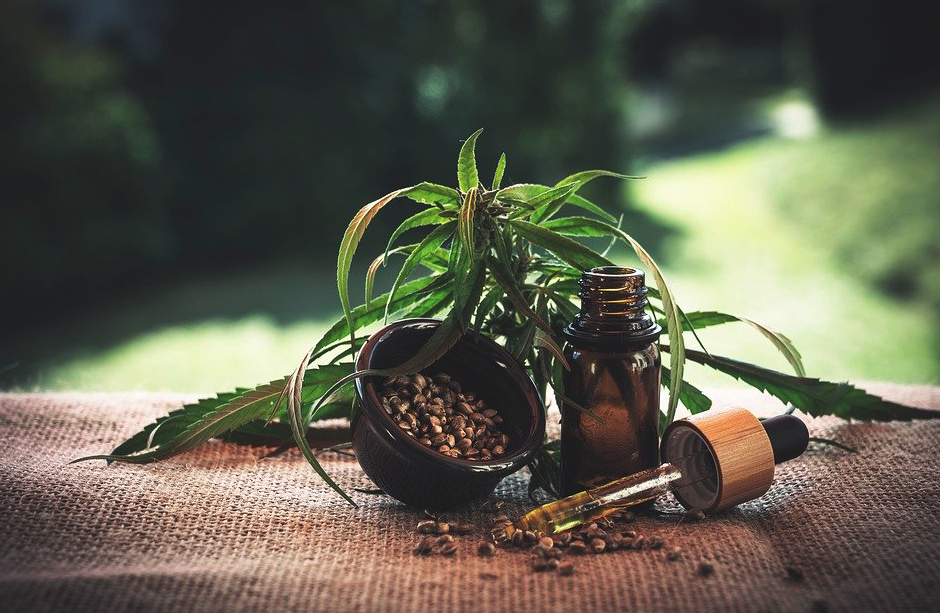CBD as a Business? What to Know

The CBD market is literally exploding. In fact, a report by BDS Analytics and Arcview Market Research projects that CBD market sales in the United States will exceed $20 billion by 2024.
Have you ever considered getting into the business? Here’s what you need to know:
What is CBD?
Cannabidiol, or CBD, is a compound found in cannabis and hemp plants. Most people are familiar with tetrahydrocannabinol (THC), a compound responsible for intoxication commonly associated with cannabis. However, CBD does not cause those same effects. Instead, it offers therapeutic and health benefits.
Cannabis CBD vs. Hemp CBD
As we stated above, CBD can be found in cannabis and hemp plants. However, there is a difference between the oil from these plants. Industrial hemp contains less than 0.3% THC, and it is legal to cultivate it under federal law. On the other hand, cannabis contains much higher levels of THC and it is still illegal.
Full-Spectrum CBD vs. CBD Isolate
CBD oil is considered “full-spectrum” or “isolate” depending on the extraction methods used. Full-spectrum CBD may contain other cannabinoids and compounds, as well as terpenes, which determine the flavor profile, aroma and effects of the plant. CBD isolate is a concentrate that exclusively contains CBD. There are some studies that suggest that the additional compounds found in full-spectrum CBD work together to create more significant effects, compared to CBD isolate.
Health Benefits of CBD
According to Harvard, there is scientific evidence that CBD reduces the following:
- Seizures in children with severe epilepsy syndromes
- Anxiety
- Insomnia
- Chronic pain
- Pain and inflammation caused by arthritis
Several other sources tout additional benefits, including a reduction in acne and use as a cancer treatment; however, research is still in early stages.
CBD Products
As we stated above, the CBD industry is rapidly growing, and new products are constantly being invented. The following are some of the more common CBD products that you will find on the market:
CBD Topicals This includes gels, creams and sprays that are placed directly on the skin to target a specific part of the body.
CBD Edibles Edibles include baked goods, candy and other foods.
CBD Capsules A powdered form of CBD is placed inside a capsule and absorbed through digestion, just like any other medication you take in capsule form.
Sublingual Tinctures These are oils that usually come in a bottle with a dropper; and are ingested by placing them under the tongue.
Vape Concentrates Concentrates such as oils and waxes are used with an electronic device to vaporize and inhale the CBD.
Pet Products CBD for pets are products specially formulated to be safe for your pet—usually in the form of a flavored treat.
Challenges Faced by CBD Businesses
The passage of the 2018 Farm Bill legalized the sale of CBD oils, however, there are still several obstacles that industry entrepreneurs must overcome.
Marketing
Drug stores like CVS and Walgreens can legally carry CBD products, however, selling on popular online platforms such as Amazon is prohibited. Also, paid social media ads promoting CBD will usually be taken down. Therefore, you must get creative when marketing CBD products.
Insurance
Affordable insurance is hard to come by for a CBD business, likely due to fear of the unknown.
Legal Obligations
The Farm Bill turned governance of the CBD industry over to the hands of the Food and Drug Administration (FDA)—who is still determining regulations, which leaves the industry in a sort of limbo. Therefore, it is important to stay up to date on new regulations that are passed and to remain compliant.
Banking
Although CBD is legal, many banks are still hesitant to take on clients in the industry. Likewise, many payment processors charge high fees and/or create obstacles for CBD companies to overcome.
Funding
Lenders are generally reluctant to fund CBD businesses, due to the fact that regulations are still unclear and because the industry is so new.
Starting a CBD business is a lot like launching that in any other industry. As always, it’s important to have a passion for what you’re selling, and an understanding of the industry, along with a strong business plan.
With a lot of hard work and determination, it is possible to build a successful business in this new industry!